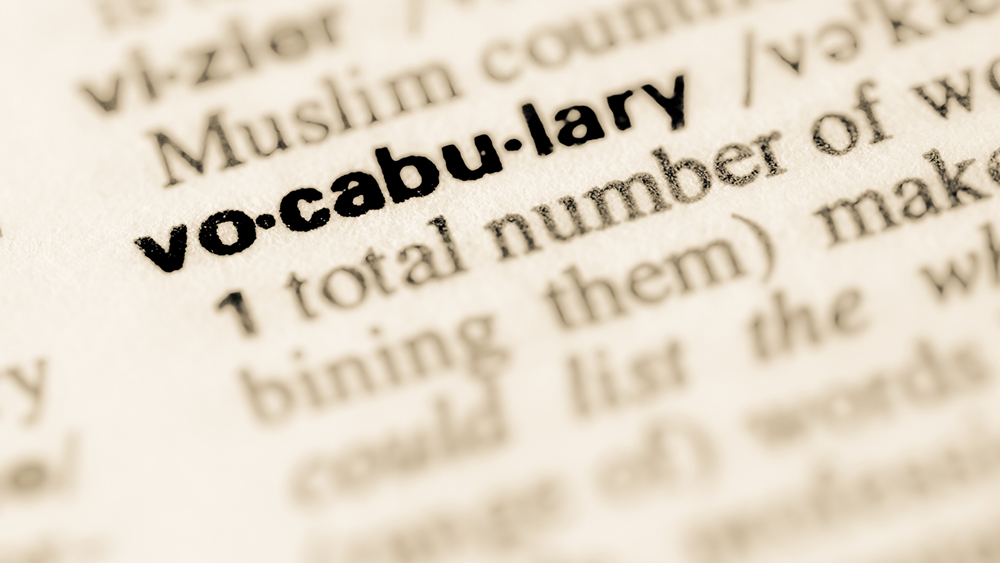


By Beth Ritchie of https://propergrownup.com/
Even as recently as this time last year, starting a conversation like the above with someone you barely knew would have been practically unheard of. While how are you has always been a common greeting, no one really expects a genuine answer. Everyone knows the unspoken rule, unless you’re talking to a close friend or family member, the agreed response is fine, good or ok thank you. Because, in general, no one really wanted to know how you were. It was polite to ask, but rude to pry further than socially accepted civility.
But now, it’s almost impolite not to refer to someone’s capacity for managing amid a pandemic. And we all want a genuine answer. Because there’s comfort in shared hardship and joy in swapping survival techniques. As a chronic over-sharer, and someone who desperately wants to encourage others to do the same, I wholeheartedly support this development towards more meaningful and authentic communication.
The coronavirus has generated a fascinating new rhetoric in our language. But it’s not just that our (mostly virtual) conversations now have a completely different tone and context, with the “we’re all in this together” mentality. Covid has also spawned thousands of neologisms to add to our vocabulary, and undoubtedly brought many words previously reserved for certain groups in society (doctors, life coaches and the like) into our common vernacular.
One example is the explosion in the use of the expression “self care”. Formerly used almost exclusively by mental health specialists and life coaches, I know many people whose eyes would have revolved backwards 180 degrees at the mere mention of the term, but who now use it with ease. Everyone is beginning to understand the importance of self care, in whatever way that is meaningful to them.
Then there’s the coronavirus, or scientific, words. Not new, but new to the average person on the street. R number, antibodies, the difference between epidemic and pandemic, heard immunity… there was a time early on in the first lockdown that I was waiting to be handed my honorary doctors degree. My knowledge about how the virus worked was gathered from a broad cross section of sources, from Facebook to the British Medical Journal and everything in between. I think I could practically carry out surgery at this point.
And the social context words, whose creation have been essential to explain previously unconceivable circumstances such as bubbling, self-isolating, social distancing, the new normal, the ‘Rona… all of these and many more were simply not part of our vocabulary before February 2020.
The new words keep coming, and will continue to do so. Crises and emergencies have historically driven many a growth in vocabulary, with events such as wars, revolution and natural disasters leading to a surge of coinage.
This is why language is for me, the most delicious, wonderful and mind blowing blessing that comes from being a human being. The way that language continuously grows, flexes and adapts to reflect our world is truly fascinating to witness.
I couldn’t conclude an article about new words without a special mention to the German language, whose literal use of language is nothing short of spectacular.
The new German word, Öffnungsdiskussionsorgien which loosely translates as “reopening discussion orgies”, refers to the seemingly endless pollical debates over whether or not to reopen society or stay in lockdown. You can’t fault their ingenuity.
But even ‘Öffnungsdiskussionsorgien’, pales in comparison to my very favourite German term, kummerspeck. Kummerspeck is literally translated as “grief bacon” or “sorrow fat” and describes the weight gain caused by emotional eating. And I think we’ve all got a bit of that right now. Now please, pass me the biscuits.